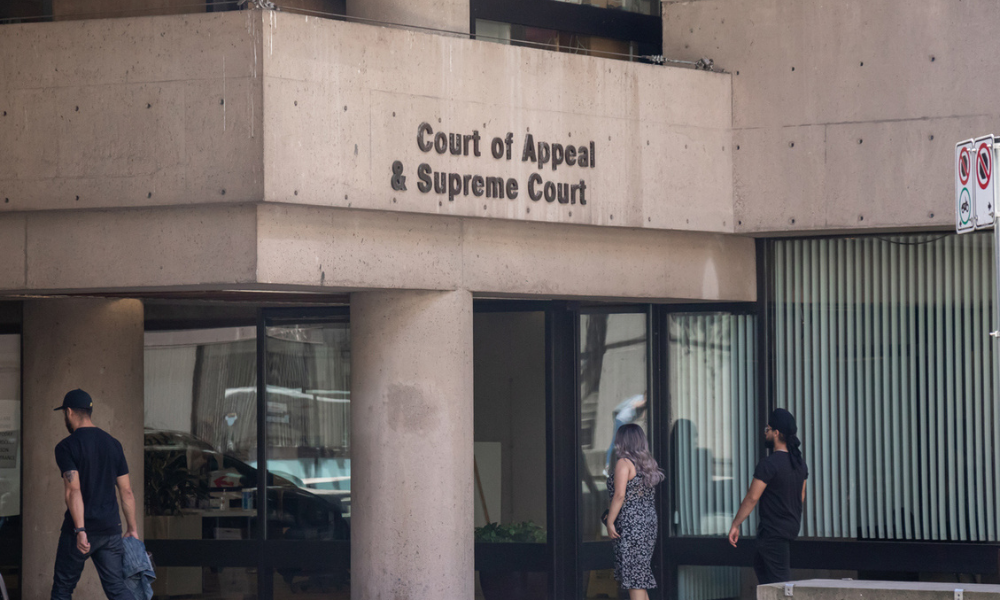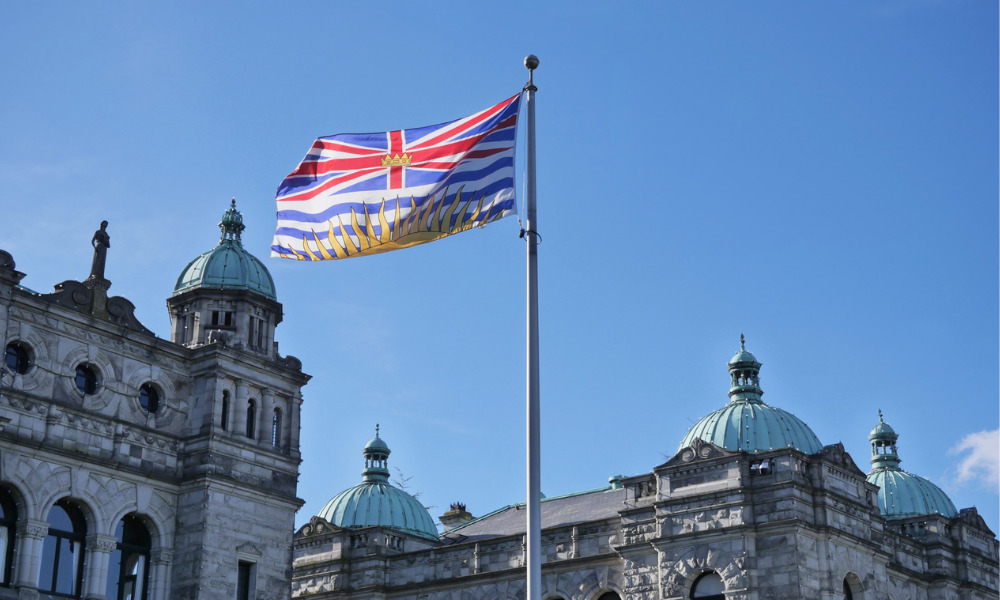Transitional housing exempt from Residential Tenancy Act

The British Columbia Court of Appeal has called on the Residential Tenancy Branch to clarify what qualifies as “temporary accommodation” under the Residential Tenancy Act because inconsistent rulings mean many residents in subsidized housing cannot be sure whether the legislation covers them.
In McNeil v. Elizabeth Fry Society of Greater Vancouver, 2024 BCCA 2, Nicole McNeil, a resident of a social housing facility, sought judicial review of a Residential Tenancy Branch (RTB) decision that declined jurisdiction over the dispute because the housing facility was exempted from the Residential Tenancy Act (RTA). McNeil lived at the Mazarine Lodge, which the RTB said fell under the category of transitional housing. In her judicial review at the BC Supreme Court, McNeil argued that the Lodge provided longer-term supportive housing, not transitional housing, but the reviewing judge upheld the RTB’s decision.
Court of Appeal Justices Lauri Ann Fenlon, Peter Voith, and Karen Horsman dismissed McNeil’s appeal. However, they called on the RTB to clarify what type of housing counts as temporary for the purposes of transitional housing.
The statutory definition of transitional housing in the Residential Tenancy Regulations is open to a “wide range of interpretations,” says Julia Riddle, counsel for the British Columbia Civil Liberties Association, which intervened in the appeal.
“The RTB is giving that definition numerous contradictory interpretations,” she says.
In the low-income housing market, there is an increasing prevalence of supportive housing, which is government-funded and where there are social programs available for residents on the premises, says Riddle. But under the RTA, if government-funded housing that offers programs to residents is intended to be temporary, it qualifies as transitional housing, and the Act does not govern the landlord-tenant relationship. Because of conflicting RTB rulings, it is unclear what is meant by “temporary,” which means that supportive housing residents, who are generally low-income and lack access to legal support, are unsure of whether the RTA covers them, she says.
“That's a huge problem… If you're out of the RTA, you can be evicted on an hour's notice, and there are many, many cases where that has happened.”
Under the RTA, RTB decisions are subject to s. 58 of the Administrative Tribunals Act, which states that a tribunal’s findings of fact or law or its exercises of discretion can only be interfered with if they are patently unreasonable. This is a “highly deferential” standard of review, said Fenlon, who wrote the reasons for the Court of Appeal panel. Quoting West Fraser Mills Ltd. v. British Columbia (Workers’ Compensation Appeal Tribunal), 2018 SCC 22, she said this means the court could only overturn the decision if it “almost borders on the absurd.”
Under the Residential Tenancy Regulation, there are three criteria determining whether accommodation counts as transitional housing: when it is temporary, when it is provided by a person or organization receiving government funding, when the accommodation comes with “programs intended to assist tenants to become better able to live independently.”
McNeil argued that her stay at the Lodge was not temporary because there was no fixed end date. But Fenlon agreed with the reviewing judge that if something is temporary, it is expected to end, even if it is uncertain precisely when it will end.
Fenlon rejected McNeil’s argument that the arbitrator should not have relied on the terms of her agreement with the Lodge, which described the housing arrangement as temporary and transitional because the RTA provides that landlords and tenants cannot contract out of it. Fenlon found the agreement terms were one factor among many that the arbitrator considered and was not determinative of whether the accommodation was transitional or supportive housing.
McNeil also argued that the arbitrator erred in failing to consider that the Lodge lacked a transition plan. But Fenlon did not find the arbitrator’s analysis patently unreasonable because the existence or absence of a transition plan is a relevant factor but not conclusive of transitional housing status.
The BCCLA told the court that people using and providing social housing would benefit from greater clarity on what counts as “temporary accommodation.” The BCCLA noted that there have been contradictory decisions by RTB adjudicators on what satisfies this criterion. Fenlon agreed that some the RTB’s decisions had been contradictory on that point and invited the RTB to address the inconsistencies and “provide clearer guidance” on the factors determining whether accommodation is temporary.
Riddle is an associate at Arvay Finlay LLP.










